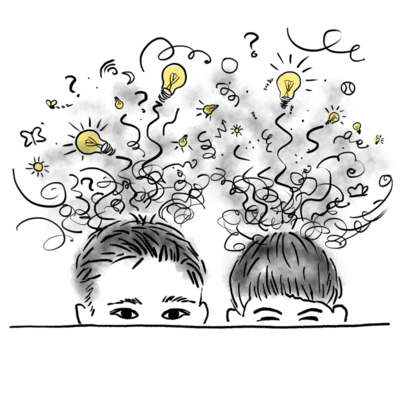John Fetterman’s unconventional style and story have made him the heavy favorite for Pennsylvania’s Democratic Senate nomination – and a test of whether progressivism can broaden its appeal if it comes in different packaging.
Monitor Daily Podcast
- Follow us:
 Mark Sappenfield
Mark Sappenfield
After vanquishing a 26-year insurgency in 2009, Mahinda Rajapaksa turned to a sadly familiar playbook. Since then, the military-leader-turned-prime-minister of Sri Lanka has ratcheted up ethnic and religious politics. The government has , adding to decadeslong efforts to limit the influence of Tamil Hindus, the country’s largest minority.
This week, Mr. Rajapaksa resigned amid widespread protests. Once seen as a national hero, Mr. Rajapaksa’s list of missteps is long, starting with mismanagement of the economy and stocking the government with his relatives. The country faces a debt crisis, food shortages, 13-hour-a-day power outages, high inflation, and the dramatic decline of its currency.
The lesson is clear: “Ardent ethno-religious nationalism is not a substitute for sound policy and prudent governance,” , a former Sri Lankan political adviser, in The Statesman.
Yesterday’s Monitor editorial pointed to a country that took a very different path out of an insurgency. Colombia offered former insurgents amnesty for laying down their arms. A former insurgent served two terms as mayor of Bogotá and is now on the verge of becoming prime minister.
The solidarity shown by all Sri Lankans in the current protests offers a glimpse of how the country could find its own way forward. Sri Lanka expert Sharika Thiranagama : “This is what a democratic mobilization can look like. … It’s people demanding accountability for corruption, demanding basic rights to dignity.”









